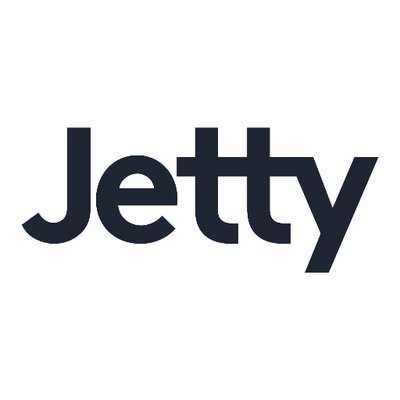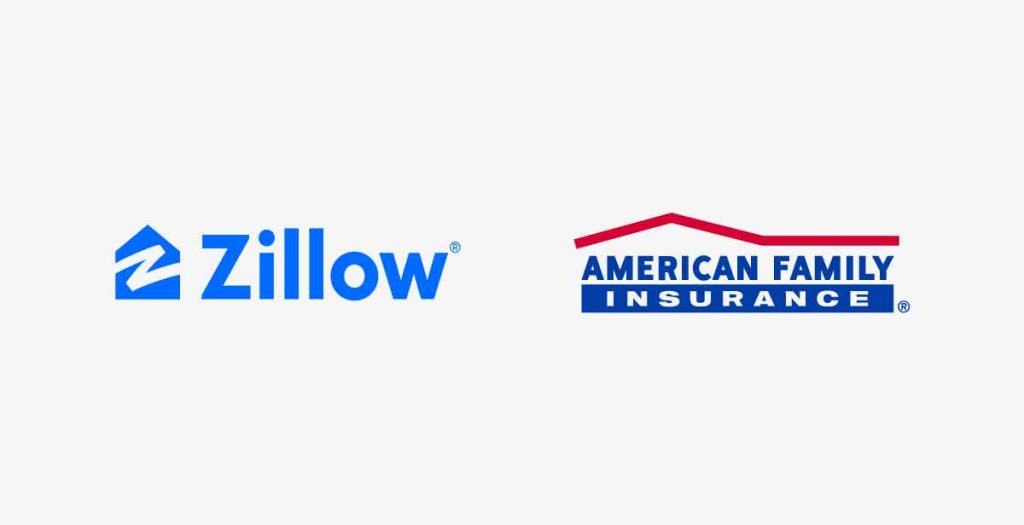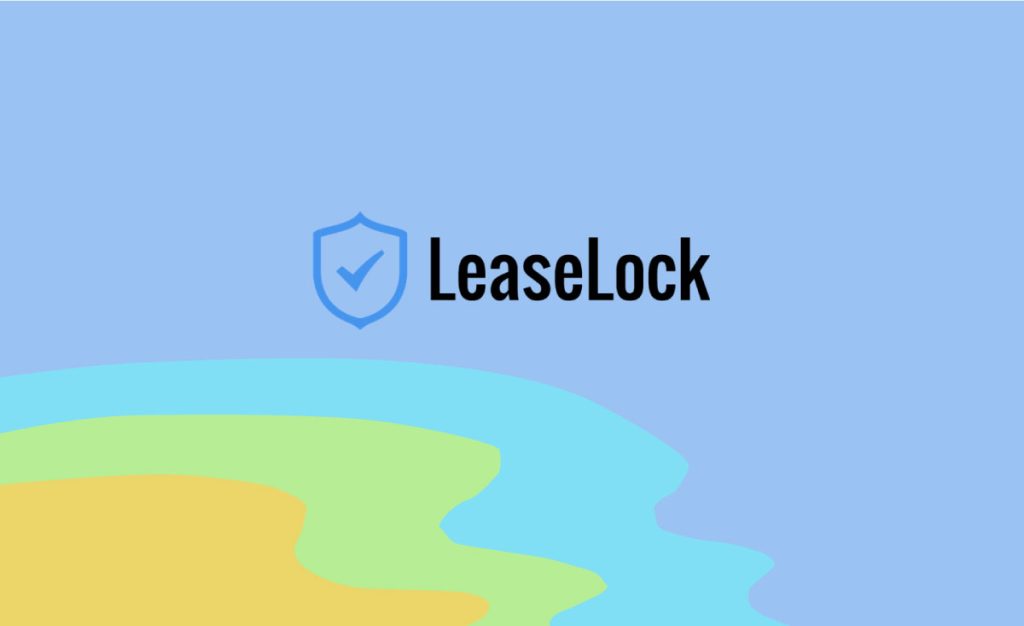NAD recommended Jetty modify its comparative advertising claims
The National Advertising Division (NAD) of BBB National Programs recommended that Jetty Insurance Agency, modify its comparative advertising claims to clearly disclose the distinctions between its “admitted” surety bond product and LeaseLock ‘s surplus-line lease insurance product. NAD further recommended that Jetty modify its advertising to avoid conveying unsupported messages regarding the damage coverage limits of the parties’ respective products.
The claims at issue, which appeared in digital materials, email, sales presentations, sales sheets, and other advertising for the Jetty Security Deposit Alternative Plan were challenged by LeaseLock.
Both the advertiser and challenger offer security deposit alternatives to landlords and property managers, which reduce the up-front security deposit costs for renters. Security deposit alternatives are insurance programs that typically fall into one of two categories: surety bonds and lease insurance.
Jetty offers an “admitted” surety bond product. Being “admitted” means the provider offering the product has been licensed by the Department of Insurance (DOI) in the state (or states) where it is sold. As part of mandatory adherence to state regulations, the provider cannot modify the product’s rates or coverage without regulatory approval. With “admitted” surety bonds, renters pay the advertiser either a one-time, nonrefundable fee that is significantly less than the traditional cash security deposit, or a low monthly fee. In exchange, Jetty covers the cost to the landlord of property damage or missed rent, and then seeks reimbursement from the renter through a collections process if the renter fails to settle their account at move out.
LeaseLock, in contrast, offers a lease insurance product. Lease insurance is regulated under surplus-line insurance regulations. LeaseLock pays a “surplus lines” tax to provide lease insurance and in return has the flexibility to modify product rates and coverage. LeaseLock, which is also licensed in every state it does business, insures the property management company, which chooses a coverage plan for the units managed. Renters pay a monthly fee in addition to their rent, and the property owner then pays LeaseLock in order to have the rental unit covered under this insurance.
At issue before NAD was whether Jetty’s comparative marketing campaign overstates the benefits of its “admitted” status and its surety bond product and makes misleading comparisons with respect to the parties’ damage coverage plans. NAD noted that Jetty’s advertising seeks to compare two security deposit alternative products that operate under materially different regulatory schemes and structural parameters. While advertisers are free to make “apples-to-oranges” comparisons in order to highlight features or attributes of their products, advertisers must disclose the material differences between the products being compared.
NAD determined that a reasonable consumer takeaway from the challenged advertising is that Jetty’s “admitted” product is superior to LeaseLock’s surplus-line lease insurance product because it is more regulated and offers better or additional protections to policyholders. Because the evidence in the record was insufficient to support such a broad message, NAD recommended that Jetty modify its advertising to clearly disclose the material distinctions between the products, and to also avoid conveying the unsupported message that its “admitted” product is superior to the challenger’s product because it is more regulated and offers better or additional protections to policyholders.
Regarding the challenged damage coverage claims, Jetty provides a coverage plan that allows damage claims up to the full policy limit without apportionment between rent and property damage, whereas LeaseLock’s “standard” plan mandates such apportionment. While noting that this distinction is an important one, NAD determined that Jetty’s unqualified damage cap claims (e.g., “Others cap damage protection at $500, which misses common claims . . .”) communicate the unsupported message that LeaseLock’s damage coverage is, without exception, limited to $500 in property damage. Further, NAD determined that Jetty’s unqualified “No Damage Cap” and “zero caps on claims categories” convey the unsupported message that the advertiser’s product offers unlimited, uncapped damage coverage that is not restricted by, or can exceed, the total policy limits. Therefore, NAD recommended that Jetty modify its advertising to avoid conveying such messages.
Finally, during the proceeding, Jetty agreed to discontinue numerous challenged claims, including, for example:
- “Other deposit alternatives” [LeaseLock] are “risky and unregulated… leaving property owners and residents at risk.”
- “Unregulated” “means there’s zero protection in the event that the provider is unable to pay claims.”
- LeaseLock charges hidden and/or undisclosed fees to management companies and/or tenants.
- “Why Jetty is Better…Our customizable program provides comprehensive protection and is cheaper for your residents. LeaseLock caps your damage protection and forces residents to pay costly ongoing payments-leaving you at risk for lapsed coverage. It’s kind of a no brainer.”
- LeaseLock charges consumers a “monthly rent tax.”
- Jetty has flat transparent pricing while LeaseLock does not.
- LeaseLock security replacement plans are “a requirement forced on residents.”
- LeaseLock’s funding is insufficient to support its business model.
- Jetty has evidence to support that the “the primary reasons we win against LeaseLock” are because Jetty is financially more stable, with better customer service, and because LeaseLock charges “often” require tenants to “pay more than they would with a traditional security deposit.”
- Jetty customer services provides a “dedicated in-house team” while LeaseLock provides “outsourced support.”
Therefore, NAD did not review these claims on the merits.
In its advertiser statement, Jetty stated that it agrees to comply with NAD’s decision. The advertiser further stated that while it “respectfully disagrees with certain of NAD’s conclusions . . . it intends to comply with NAD’s recommendations to highlight in its advertising the ‘material distinctions’ between Jetty’s ‘admitted’ surety bonds and LeaseLock’s surplus line insurance.





